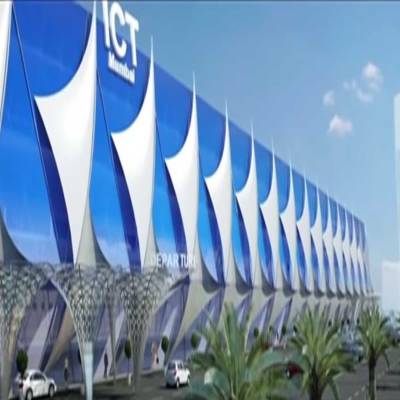

Mumbai port’s development plans include both HCP’s plan for approximately 500 hectare and as well as the revised 2020 plan that restricts the redevelopment to only 253 hectare, out of the Port Trust’s 810 hectare. From a strategic viewpoint, though, several issues are seen. The HCP designers who prepared the masterplan for the Mumbai port had earlier designed a riverfront in Ahmedabad, very different from a seafront, which is extremely dynamic.
In this second of the two-part series, strategic planner Ashish Puntambekar documents his research and technical conversations and provides an important analysis and a set of technical recommendations. The author has been involved in the Mumbai Eastern Waterfront project.
In this exclusive article, he says that rising ocean levels, old industrial plants, topography, and other factors are potential issues in the Port Trust’s plan for redevelopment. Because of the way Mumbai’s population has crept progressively closer to old industrial plants in the Chembur-Mahul area, there is potential hazard for the project. He argues why it is important that the Waterfront project must be termed a Project of National Importance.
The article endeavours to show how RCF, BPCL, HPCL and Tata Power have expanded capacities in very crowded areas and ignored safety norms to create a hazardous situation in the sensitive industrial belt on the eastern seaboard of Mumbai. He describes the infamous accident in 2005, when a fire and explosion occurred in Texas City, Texas, at the third largest oil refinery in the United States, to bolster why it is important to take additional safety steps for the Waterfront
A session in the Construction World Maharashtra virtual conference on April 28 discusses the Mumbai Eastern Waterfront project.